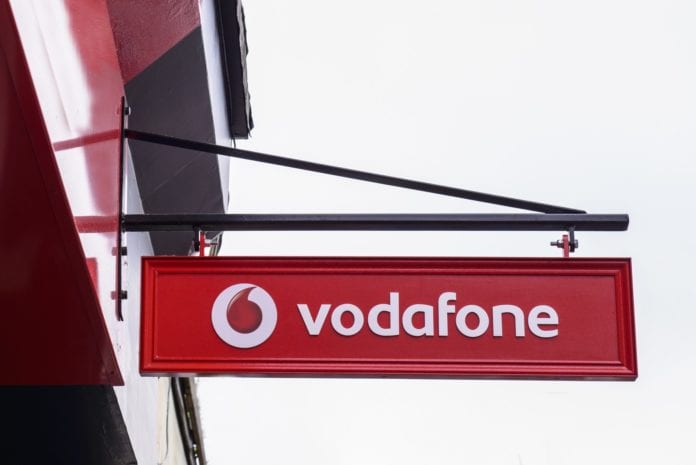The trial includes a 5G smartphone form factor test device with a Qualcomm Snapdragon X50 5G modem
Vodafone UK said it has begun lab tests of a 5G smartphone form factor test device with a Qualcomm Snapdragon X50 5G modem using Ericsson radio equipment at the Vodafone Technology Centre in Newbury.
Vodafone is using a smartphone form factor test device with a Qualcomm Snapdragon X50 5G modem and antenna modules with integrated RF (radio frequency) transceiver, RF front-end and antenna elements.
The latest test is part of Vodafone’s UK-wide trial of 5G in Birmingham, Bristol, Cardiff, Glasgow, Liverpool, London and Manchester. Earlier this week, Vodafone engineers in Salford, Greater Manchester, downloaded an hour and 45 minute-length movie over 5G in just 24 seconds. The same movie over fast 4G (using carrier aggregation) took one minute and 35 seconds to download, Vodafone said.
“We made the UK’s first live 5G 3D holographic call between Manchester and Newbury five months ago. Soon after, we carried the UK’s first 5G call over a live mobile network. Now, we are testing technology that will power 5G smartphones,” said Vodafone UK CEO Nick Jeffery.
“We’re making headway on mobile devices as an integral part of the 5G ecosystem,” said Thomas Noren, head of 5G commercialization for Ericsson. “Ericsson continues to drive the commercial readiness of 5G by future-proofing this ecosystem. Together with Qualcomm, we continue to advance the testing of 5G NR networks with mobile devices and support Vodafone in deploying 5G across the UK.”
Enrico Salvatori, senior vice president and president, Qualcomm EMEA, said that his company is “excited to be working with Vodafone and Ericsson as we head towards 5G commercialization. These tests will be instrumental in defining and refining the 5G services consumers will be able to access.”
Vodafone aims to commercially launch 5G services in the U.K in 2020, the telco has previously said. However, the initial 5G trials in seven cities across the country will allow the company to start limited deployments in dense urban areas in some markets during 2019.
In April 2018, Vodafone tested the 3.4 GHz radio spectrum band on a live 5G network, which ran between Manchester and the company’s headquarters in Newbury. In order to carry out the 5G spectrum test, Vodafone used a site at its Manchester contact center, which houses around 1,000 customer service employees, and its offices in Newbury. The test relied on massive MIMO technology combined with 3.4 GHz running over the telco’s core 4G network.
Last year, U.K. telcos obtained spectrum for the future provision of 5G services. Vodafone won 50 megahertz of spectrum in the 3.4GHz band after paying £378 million ($498 million). BT-owned EE won 40 megahertz for which it paid £303 million. Three secured 20 megahertz of 3.4 GHz spectrum at a cost of £151.3 million, while Telefónica-owned O2 picked up 40 megahertz for £318m.

